A new diagnostic tool and service has been launched in Canada to help detect diseases such as late blight, sclerotinia, fusarium head blight, and powdery and downy mildew at an early stage.
Canadian-based company Spornado has developed an infield sampler which is capable of collecting airborne diseases before they significantly impact the crop.
Collected samples are then sent for rapid testing, which allows growers to take preventative action.
How the system works
The Spornado sampler is placed in the field, trapping airborne and waterborne spores on specialised filters.
The farmer or agronomist removes the filter and sends it by courier in the provided packaging to a designated laboratory for analysis.
At the lab, DNA analysis is used to identify the species and volume of trapped spores.
Results from the testing are them texted or emailed to farmers within 24 hours.
For horticultural crop diseases, farmers are given ‘positive’ or ‘negative’ results for diseases, and for field crops, farmers are informed of which diseases are present and a risk level (low, medium, or high).
Farmers can then use this information, in conjunction with their own crop scouting, to decide if, or when, to spray.
While the service is currently only available in Canada, the company is currently advertising the position of sales leader, with ambitions of expanding the business.
The service is potentially a highly valuable tool for growers, but is only as effective as the laboratories’ capability to detect the spore species as well as its turnaround time.



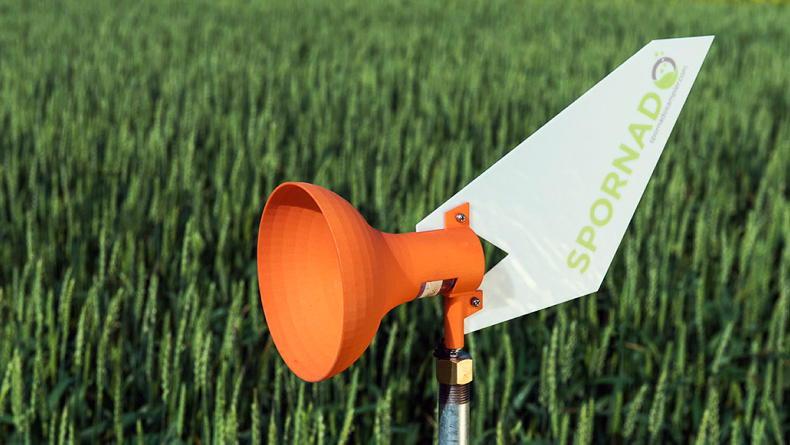

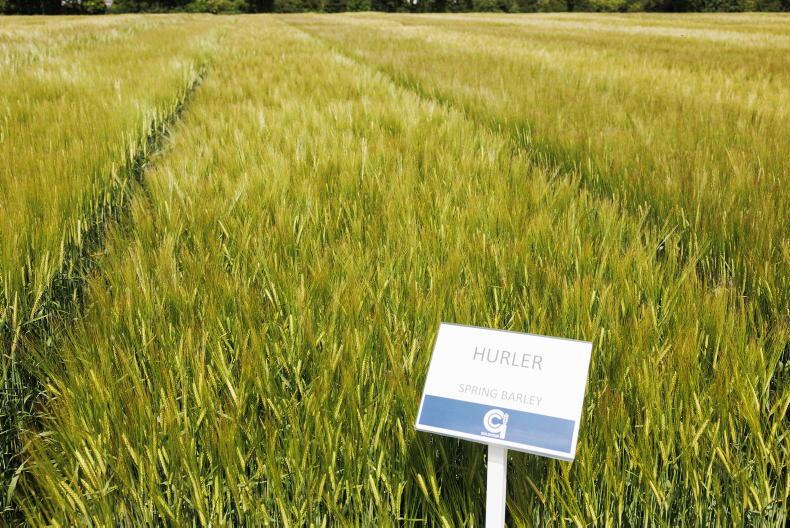
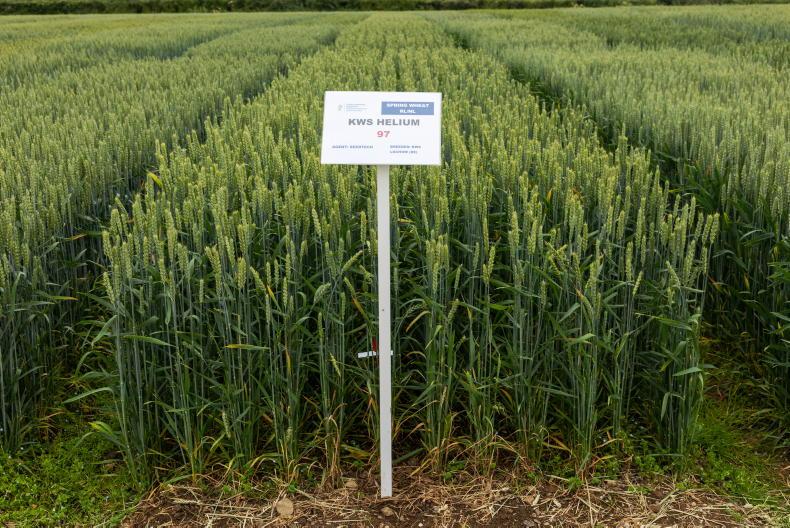
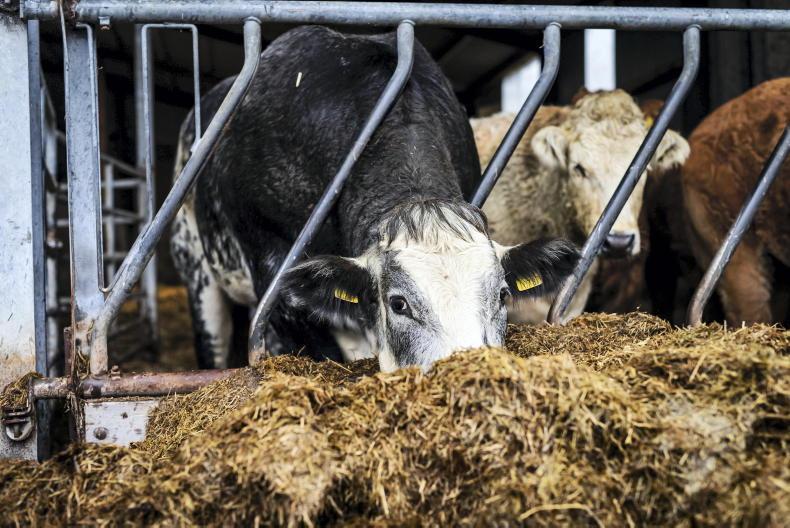
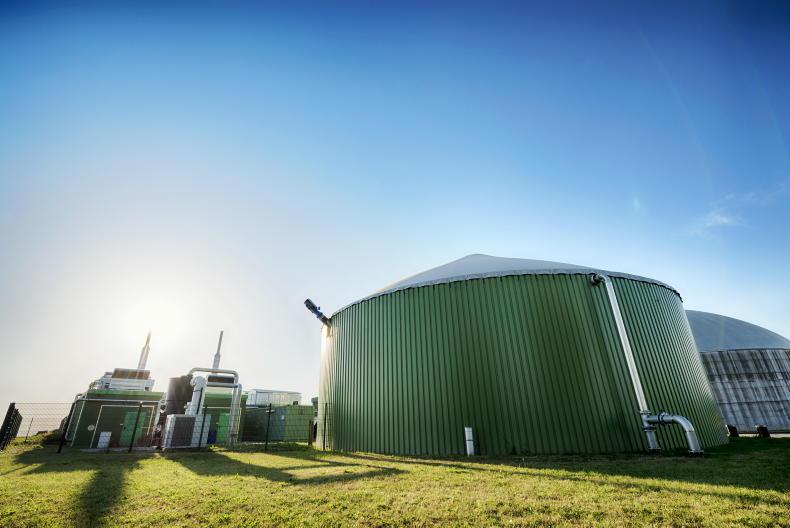
SHARING OPTIONS